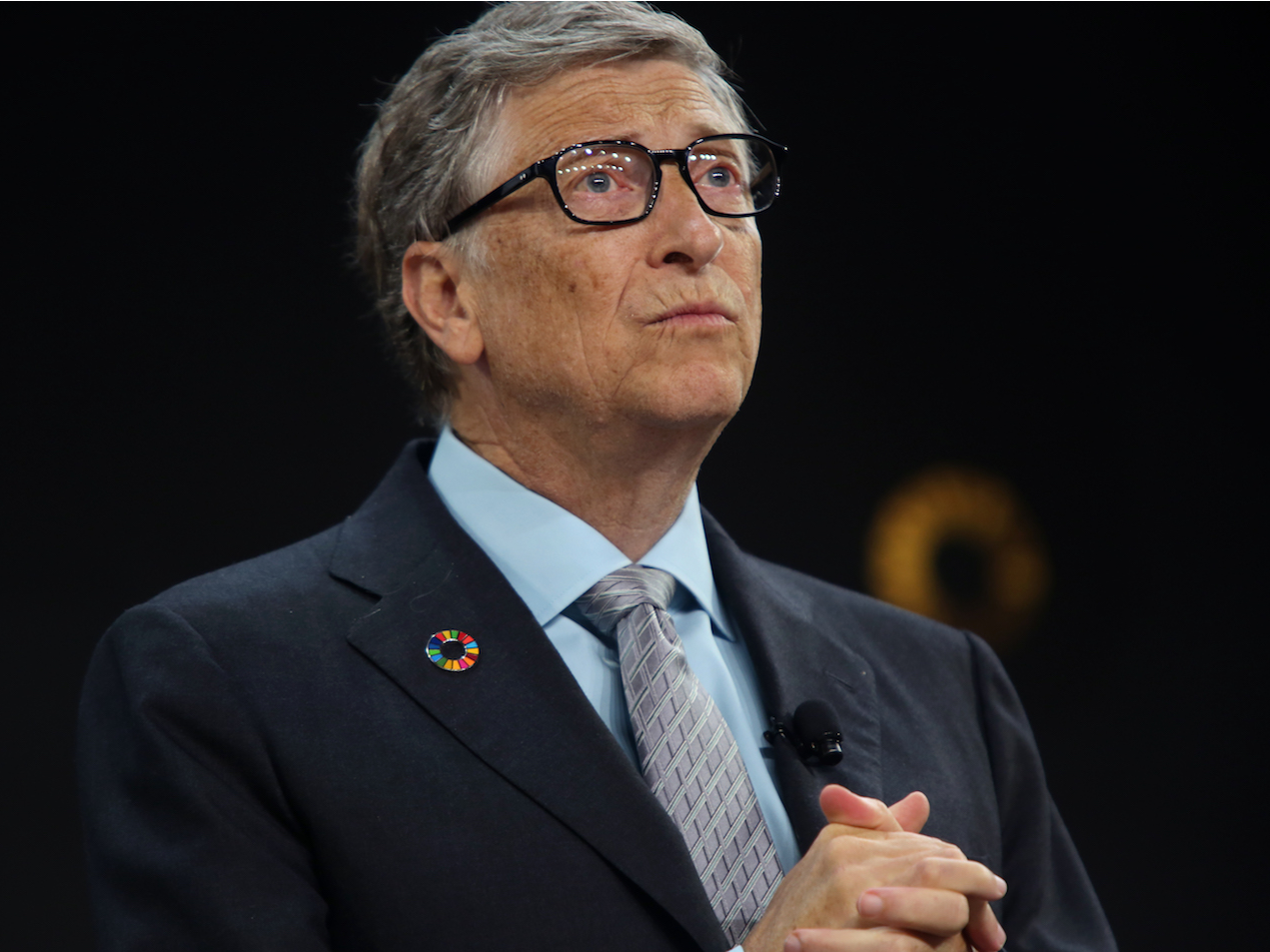- Bill Gates believes the next phase of the coronavirus pandemic will occur for developed countries sometime in the next few months, when businesses will begin gradually reopening.
- In a lengthy new blog post, Gates used Microsoft’s China operations as an example of how society can return to normal.
- Microsoft has sent half its 6,200 workers in China back to work, and those workers are required to wear masks and adhere to social distancing rules, Gates said. Microsoft is also providing hand sanitizer and cleaning its offices more intensively.
- “The rules about what is allowed should change gradually so that we can see if the contact level is starting to increase the number of infections,” Gates wrote. “Countries will be able to learn from other countries that have strong testing systems in place to inform them when problems come up.”
- Visit Business Insider’s homepage for more stories.
Microsoft has begun gradually reopening its offices in China, and according to cofounder Bill Gates, the way the company has managed the process could be a model for the rest of the business world.
Gates on Thursday published his views on how to use scientific advances to stop the spread of the coronavirus outbreak, and how society will return to normal after the pandemic. He highlighted the innovations he thinks are crucial to overcoming the outbreak, and what he thinks gradually reopening economies might look like.
“The rules about what is allowed should change gradually so that we can see if the contact level is starting to increase the number of infections,” Gates wrote. “Countries will be able to learn from other countries that have strong testing systems in place to inform them when problems come up.”
Gates used Microsoft’s operations in China as an example of how to gradually reopen a business once developed countries begin moving into what Gates called “the second phase of the epidemic.”
Microsoft China has over 6,000 employees, and Gates said about half of them are now coming into the office. Others are continuing to work from home, and those with symptoms are required to work at home. Workers in the office are required to wear masks and adhere to social distancing rules, and Microsoft is providing hand sanitizer and cleaning its offices more intensively. Gates said employees are only traveling for "exceptional reasons" right now.
"China has been conservative about opening up and has so far avoided any significant rebound," Gates said.
China began lifting its lockdown measures earlier this month, allowing people to leave their homes, travel by train, bus, and air, and start going back to work. Manufacturers like Foxconn, Apple's largest manufacturing partner, have reopened factories, though Foxconn is still imposing strict rules around social distancing and temperature checks.
Gates described this phase of the pandemic, which he believes will happen in the next two months, as "semi-normal": "People can go out, but not as often, and not to crowded places ... In short, times are abnormal but not as abnormal as during the first phase."
Still, this phase will come with complications, which Gates also acknowledged. He believes that only activities that have "a large benefit to the economy or human welfare but pose a small risk of infection" should be allowed, but noted that the economy is too interconnected for this to be a black-and-white issue.
Gates said that large gatherings like schools should be allowed, while sporting events likely shouldn't resume. Industries like restaurants or manufacturing should reopen, but will likely face issues that include supply-chain disruptions and transportation challenges, Gates noted.
"There are no easy answers to these questions," he said. "Ultimately, leaders at the national, state, and local levels will need to make tradeoffs based on the risks and benefits of opening various parts of the economy."

